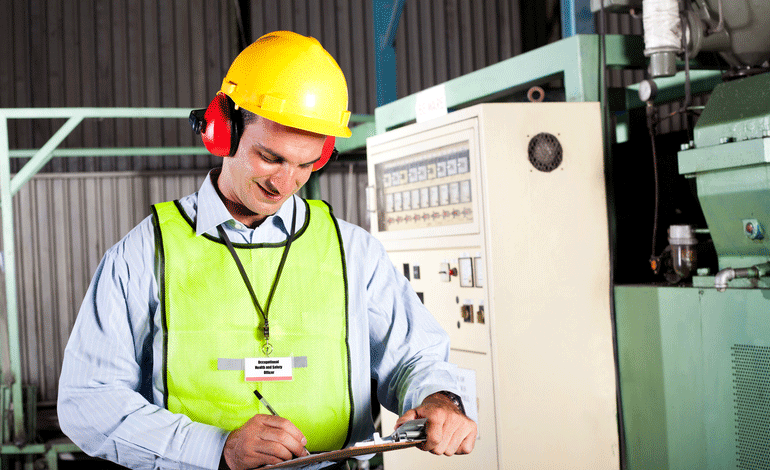WorkSafe’s recent investigation into a structural steelwork company has concluded and resulted in a prosecution in the Christchurch District Court.

The facts of the case demonstrate the huge toll that unsafe work practices create.
Background
Pegasus Engineering is involved in the installation and design of structural steelwork.
In June 2017, a worker was moving steel beams from work trolleys using a crane. The beams were not secured on the trolleys. In the course of moving the steel beams on the trolleys, a beam destabilised causing it to tip and fall towards the worker.
The investigation found that the beam struck the worker across their left arm, the side of their torso, neck and head causing fatal injuries.
The investigation
Given the accident occurred in the workplace, WorkSafe became involved. Its investigation was extensive and took nearly two years between the date of the event and the date of sentencing. Pegasus Engineering was determined to be a PCBU (a person conducting a business or undertaking) under the Health and Safety at Work Act 2015.
Being a PCBU, the company had certain obligations regarding workplace health and safety.
The investigation found that Pegasus Engineering, as a PCBU, did not carry out an effective risk assessment into the activities being carried out by the worker as it did not consider that there was a substantial risk of the beams falling over.
This was particularly the case when it was discovered that workers were not provided with clamps to ensure that heavy steel beams were secure while the beams were on work trolleys.
“…every place of work should ensure that its workers are isolated from
hazards, particularly those which involve unsecured heavy objects which could become a crushing hazard.”
The investigation also found that the company failed to ensure, as far as reasonably practicable, the health and safety of its workers.
The company’s failure exposed the workers to a risk of death or serious injury arising from exposure to a crushing hazard created by the movement of unsecured heavy steel beams placed on work trolleys.
Ultimately it was found that Pegasus Engineering had not developed and implemented a safe system and place of work.
Sentencing
On April 11 2019, Pegasus Engineering appeared before the Christchurch District Court and was sentenced under sections 36(1)(a) , 48(1) & 48(2)(c) of the Health and Safety at Work Act 2015. The company was fined $250,000 (which was less than the maximum penalty of $1.5 million that could have been imposed under section 48 of the Act).
Reparation in excess of $165,000 was also ordered.
Lessons learned
Following the tragic events that occurred in June 2017, there are some important lessons to be learned.
First, every place of work should ensure that its workers are isolated from hazards, particularly those which involve unsecured heavy objects which could become a crushing hazard.
These risks must be averted in order to minimise injury or loss of life.
Second, a proper system of identifying and managing health and safety risks in the workplace should be adopted at all times.
It is important that every person working for the PCBU is aware of their ongoing obligations to ensure that everyone works in a safe and comfortable environment.
Third, that any unsafe practices are identified as soon as possible and addressed by appropriate management/personnel so as to avoid potentially deadly consequences.
Finally, every workplace should be striving to develop and implement a safe working environment for all of its workers.
In the event that any company is uncertain of its obligations under the Health and Safety at Work Act 2015, it is imperative that advice is sought regarding a company’s ongoing obligations.
We are happy to assist if advice or guidance is required.
By Kent Perry


Parting words from Jeremy Sole- a final column